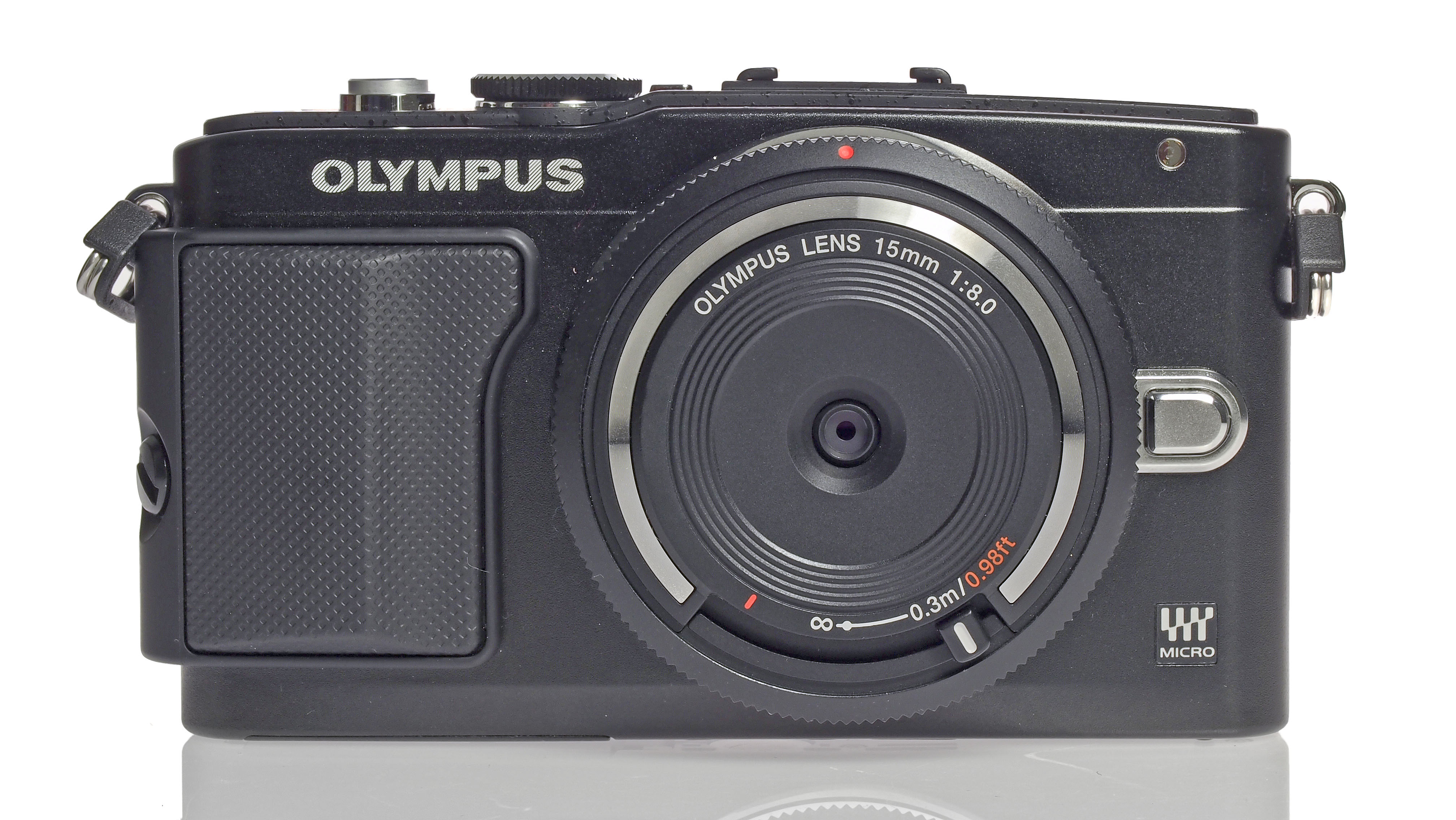TechRadar Verdict
Pros
- +
Tilting screen
- +
OM-D sensor
- +
Large lens range
Cons
- -
Not an articulating screen
Why you can trust TechRadar
Olympus has refreshed its PEN lineup of compact system cameras, with two new introductions to sit in the middle and at the bottom of the lineup.
The Olympus PEN Lite E-PL5 uses the same 16.1 million pixel image sensor as the highly regarded Olympus OM-D, released back in January 2012.
This camera therefore marries the best technologies of the Olympus OM-D with the compact and stylish bodies of the PEN series. The Olympus PEN Lite E-PL5 remains slightly smaller than the Olympus PEN E-P3, which hasn't been upgraded (as yet). It's also larger than the camera sitting below it in the range, the Olympus PEN Mini E-PM2.
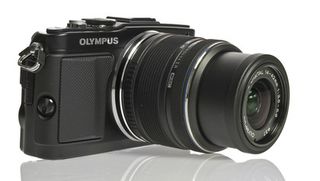
Like the Olympus PEN Lite E-PL3 that it replaces, the Olympus PEN Lite E-PL5 has a tilting screen, but this 3-inch device is now touch-sensitive.
Unlike the Olympus OM-D, this touch sensitivity doesn't extend to an on-screen menu in semi-automatic and manual modes, but it can be used to set the autofocus point or trigger the shutter release. When using the camera in fully automatic mode, the touchscreen can be used to access the Live Guide menu.
The main difference between the Olympus PEN Lite E-PL5 and Olympus PEN Mini E-PM2 is the grip and the tilting screen, with the latter having a fixed touchscreen.
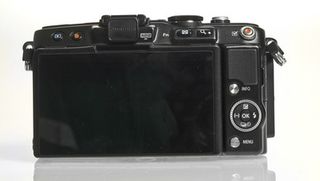
Another of the key specifications of the Olympus PEN Lite E-PL5 include FAST AF autofocusing, something which is already seen on the Olympus OM-D, along with in-body stabilisation.
Throughout its Micro Four Thirds range, Olympus has become well known for its love of digital art filters. On the Olympus PEN Lite E-PL5, there are 12 different effects, including Cross Process and Pop Colour.
There are also new effects that haven't been seen on the PEN series before, taken from the Olympus OM-D. These art filters can be used on both stills photographs and when shooting HD video.
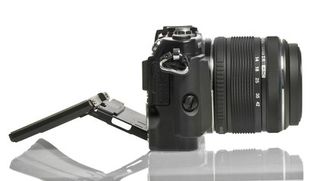
It's been a big year for compact system cameras, with many key releases from the majority of camera manufacturers.
Olympus, along with Panasonic in its CSCs such as the Panasonic G5 and Panasonic Lumix GF5, uses the Micro Four Thirds format. This uses sensors that are smaller than the APS-C devices currently found on the Canon EOS M, Sony NEX-5R, Samsung NX1000, Fuji X-E1 and other CSCs.
There are both downsides and upsides to using a smaller sensor. These cameras tend to be a bit smaller than their APS-C counterparts, but there is always a risk that image quality will suffer.
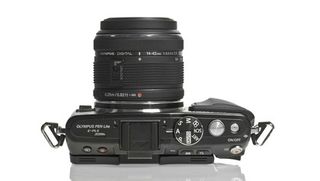
Olympus is keen to push the sensor technology of its latest cameras as being class leading and able to take on those with larger devices. We're keen to discover whether that's true in our lab tests.
Other interesting specifications of the Olympus PEN Lite E-PL5 include sensitivity capability up to ISO 25,600, Full HD video recording and 8fps shooting.
This is all available for a full price of £599.99/AU$749/US$699.95, including a kit lens, which is reasonable indeed.
Amy has been writing about cameras, photography and associated tech since 2009. Amy was once part of the photography testing team for Future Publishing working across TechRadar, Digital Camera, PhotoPlus, N Photo and Photography Week. For her photography, she has won awards and has been exhibited. She often partakes in unusual projects - including one intense year where she used a different camera every single day. Amy is currently the Features Editor at Amateur Photographer magazine, and in her increasingly little spare time works across a number of high-profile publications including Wired, Stuff, Digital Camera World, Expert Reviews, and just a little off-tangent, PetsRadar.
